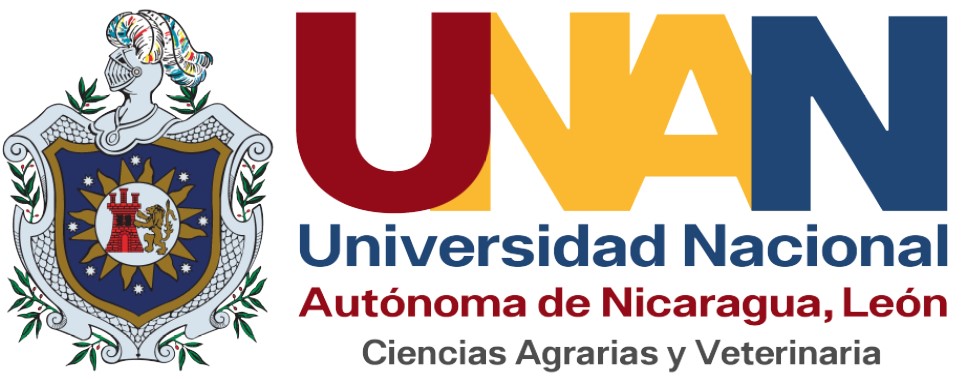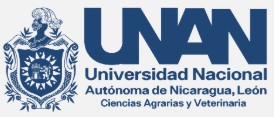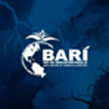Socio-productive and environmental characterization of the peñas blancas community, from the Municipality of Jinotega
DOI:
https://doi.org/10.5377/ribcc.v4i7.6307Keywords:
Characterization, Economic partner, Environmental, Peñas Blancas, FarmingAbstract
The present work gives us to understand the territorial dynamics, determining socio productive aspects, and environmental in the Community of Peñas Blanca, characterizing its current functioning within the community and at the level of farms or productive units, where, all this leads us to reflect and propose alternatives for change or development that adapt to the new agroclimatic conditions. On the one hand, to the determination of those particular attributes that a person or a thing presents and that therefore clearly distinguishes it. And on the other hand, at the request of the artistic world, especially in the fields of theater, cinema and television, the characterization of the adequacy of an actor in terms of physical features, making use of makeup and costumes, of the character he has played interpret The social aspects are of great interest to society because it provides improvements as well as in education, infrastructure, and technological services among others. Agriculture has been abundant due to abundant rainfall. Which most of the year it rains. The coffee industry generates employment and economy is the largest production of the municipality's farmers and also the basic grains. In the livestock is a second item that generates economy to producers. Silvopastoral systems and forage banks are implemented for livestock production. Biodiversity has been of great importance in the environment where part of the flora and fauna is provided forest parts, water resources.
Downloads
Metrics
References
CORNARE. 82012). Metodología caracterización vedas. Obtenido de https://www.cornare.gov.co/.../Anexo_1_31_Metodologia_Caracterizacion_veredas
OAS (1974).Estudio realizado por el Departamento de Desarrollo Regional con la colaboración del Consejo Nacional de Planificación y Coordinación Económica (CONAPLAN) del Gobierno de El Salvador. Obtenido de oas: https://www.oas.org/dsd/publications/Unit/oea34s/ch006.htm
Hernández J. & Gámez, M. (2016). Caracterización Socio Productiva y Ambiental en las comunidades de Las Delicias, San Antonio, Municipio El Tuma - La Dalia II semestre 2015. [Monografía de Técnico superior UNAN MANAGUA]. Repositorio UNAN . Obtenido de http://repositorio.unan.edu.ni/4861/1/6040.pdf
FAO y Banco mundial. (2001). Sistemas de Producción Agropecuaria y Pobreza Cómo mejorar los medios de subsistencia de los pequeños agricultores en un mundo cambiante. Disponible en: http://www.fao.org/docrep/004/ac349s/AC349s03.htm
MARENA. (1991). Evaluación y del Sistema de Áreas Protegidas Kilambé de las Regiones Pacífico y Centro Norte de Nicaragua Macizo de kilambe.
Cerón, T. (2017). El Cuá, un municipio cuyo desarrollo es una realidad. 19 digital. Disponible en: https://www.el19digital.com/articulos/ver/titulo:62759-el-cua-un-municipio-cuyo-%20desarrollo-es-una-realidad
Tijerino, L., Dolores S., Rivas A., Danilo P. (1996). Estudio de suelos y caracterización de los recursos hídricos superficiales de la Subcuenca Cuá-Bocaycito departamento de Jinotega, Nicaragua. [Tesis de Ingeniería, Universidad Nacional Agraria, UNA]. Repositorio UNAN.
Torrez D., Gómez F. (2017) . Caracterización socio productiva y ambiental de la comunidad Isla de Peñas Blancas y Cerro Verde, Municipio Tuma La Dalia, durante el II semestre 2015. [Monografía de Técnico superior UNAN MANAGUA]. Repositorio UNAN. Disponible en: https://repositorio.unan.edu.ni/4877/1/6031.pdf
Instituto de Investigación y Desarrollo, Nitlapan. (2009). Caracterización de la agrocadena de café: municipio El Cuá, departamento de Jinotega, Nicaragua. Informe de Proyectot. Instituto de Investigación y Desarrollo NITLAPAN, Managua. Disponible: http://repositorio.uca.edu.ni/1919/
Downloads
Published
How to Cite
Issue
Section
License
Copyright (c) 2018 Revista Iberoamericana de Bioeconomía y Cambio Climático

This work is licensed under a Creative Commons Attribution-NonCommercial-ShareAlike 4.0 International License.
Copyright © 2025 Rev. iberoam. bioecon. climate change. National Autonomous University of Nicaragua León (UNAN-León), Knowledge Area of Agrarian and Veterinary Sciences / Specific Area of Agroecology and Agribusiness / Center for Research in Agrarian Sciencies. Academic Directorate. Research Department. Publication and scientific events Unit.












 EDITORIAL
EDITORIAL e-ISSN
e-ISSN


 COPYRIGHT
COPYRIGHT This work is licensed under a Licencia Internacional
This work is licensed under a Licencia Internacional 












